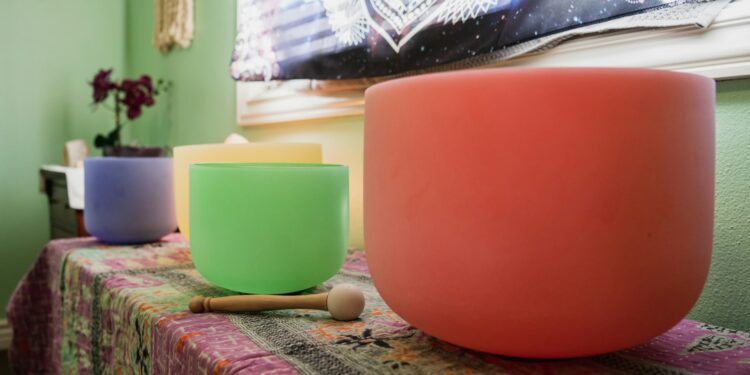It’s a natural way to soothe pain.
A recent study suggests that reiki, the ancient Japanese practice of “energy healing,” may help cancer patients manage pain associated with infusion therapies. The research, led by Natalie Dyer from Connor Whole Health at the University Hospitals of Cleveland, found that patients receiving reiki during infusion treatments experienced significant improvements in symptoms, along with high levels of satisfaction and positive healing experiences. The findings were published in the Journal of Pain and Symptom Management.
Reiki, rooted in traditional Japanese healing practices, involves a practitioner channeling “universal life force energy” to the patient, either through light touch or by hovering hands above the body. While the Cleveland Clinic acknowledges that the effectiveness of reiki beyond a placebo effect is still debated, the study’s results highlight its potential benefits for cancer patients undergoing chemotherapy and other infusion treatments, which often come with side effects like fatigue, nausea, and anxiety.
The study followed 268 cancer patients receiving outpatient infusion treatments and included 392 reiki sessions. Before and after each 15-20 minute session, patients were asked to assess their symptoms. The results indicated significant improvements in pain, fatigue, anxiety, and nausea, along with enhanced overall well-being. Many patients also reported feeling relaxed and expressed gratitude for the experience. A majority of participants requested further reiki sessions.
However, the study only measured short-term effects, and further research is needed to determine if the benefits last beyond the immediate aftermath of treatment. Dr. Francoise Adan, Chief of Whole Health at Connor Whole Health, emphasized that the study offers valuable insights into how reiki may positively impact patients during their cancer treatment journey.

































Discussion about this post